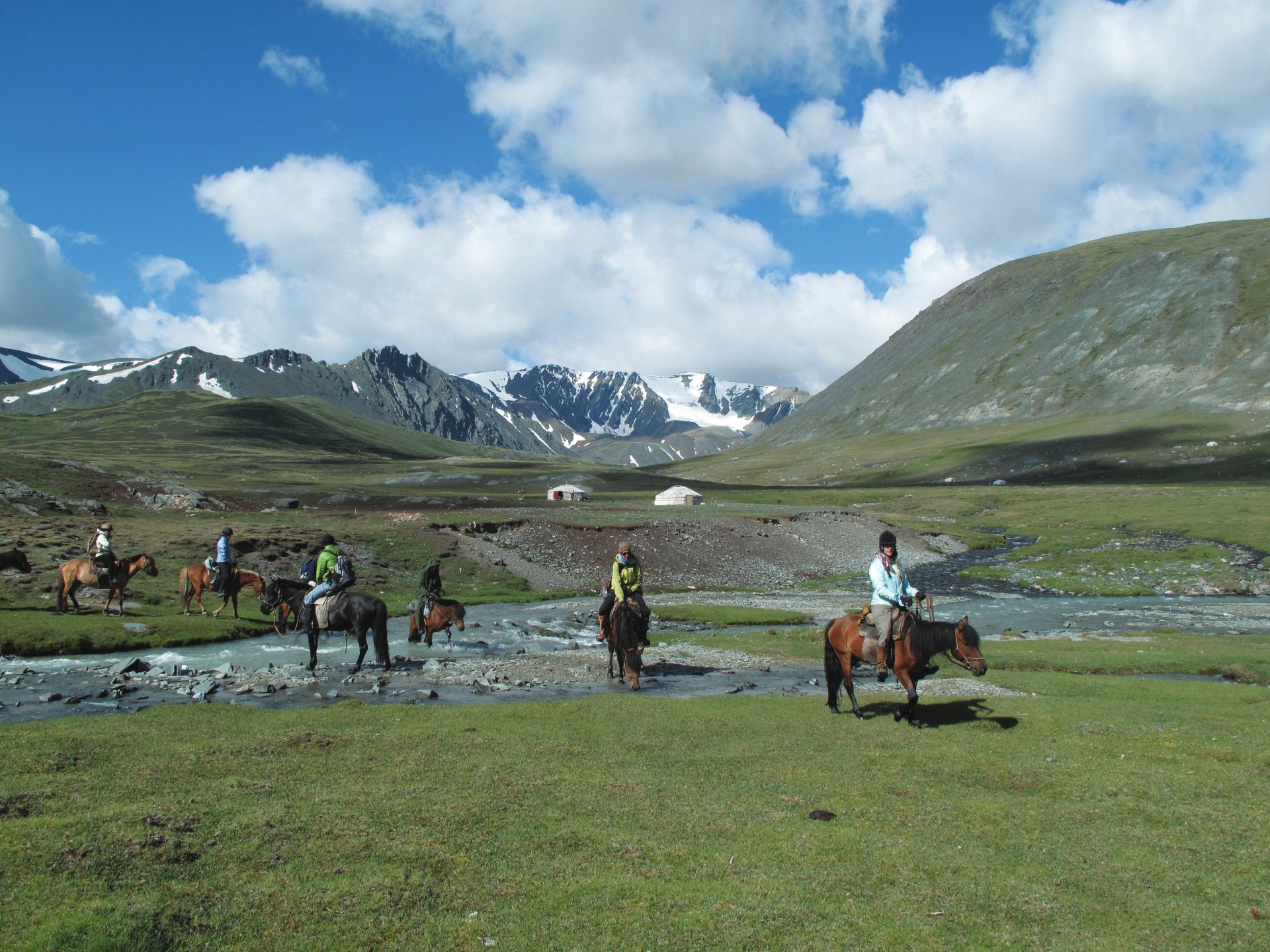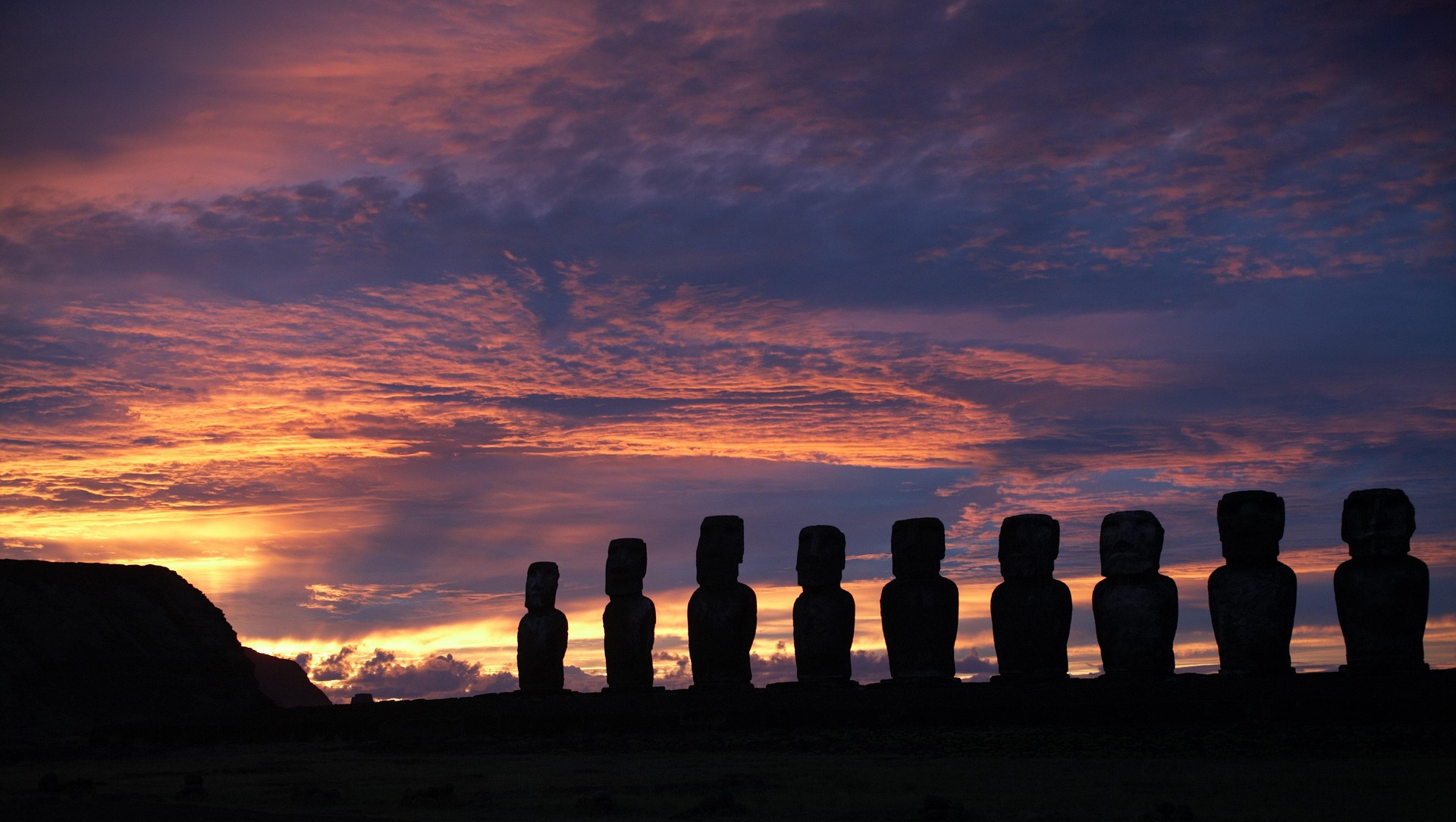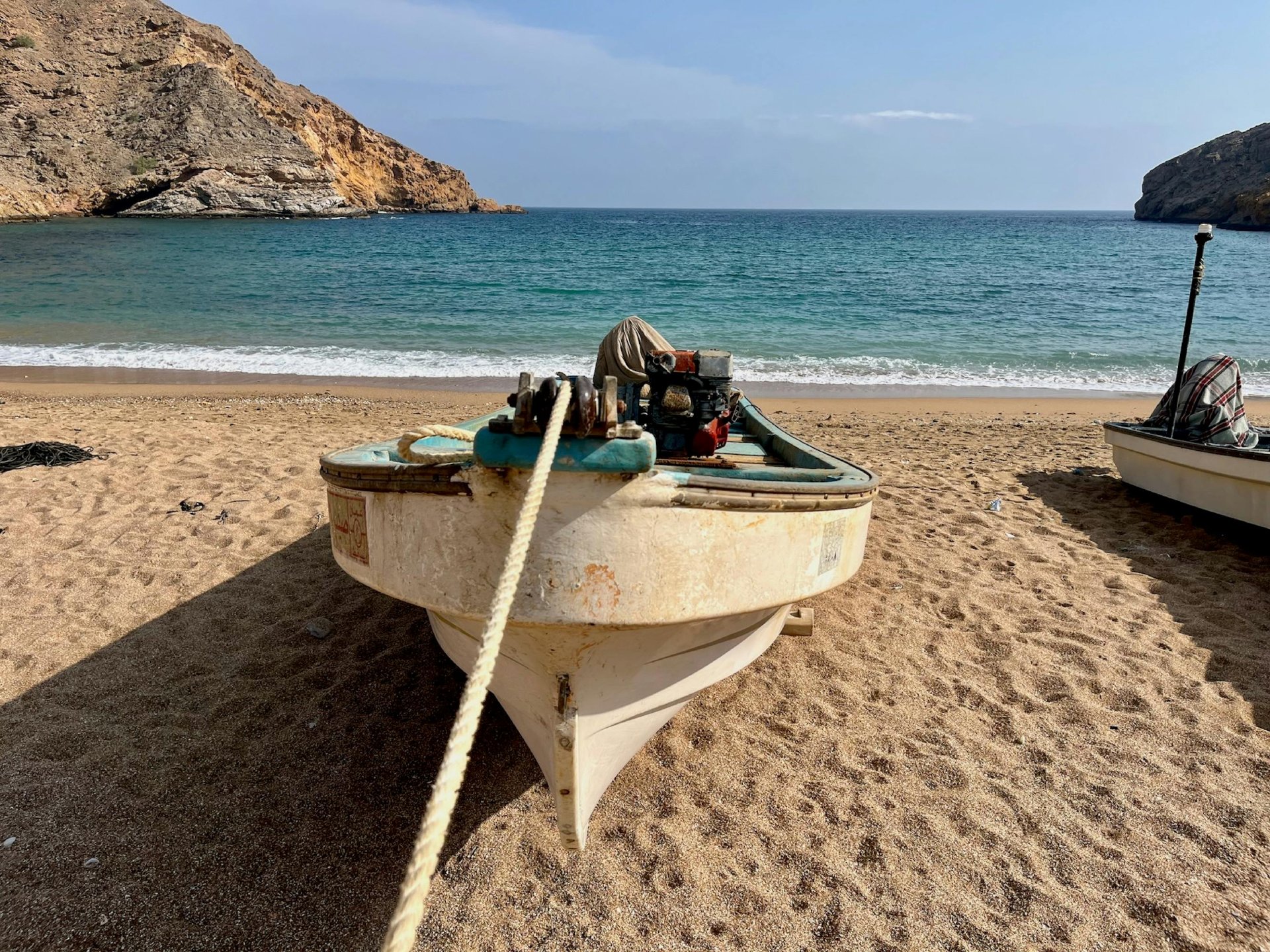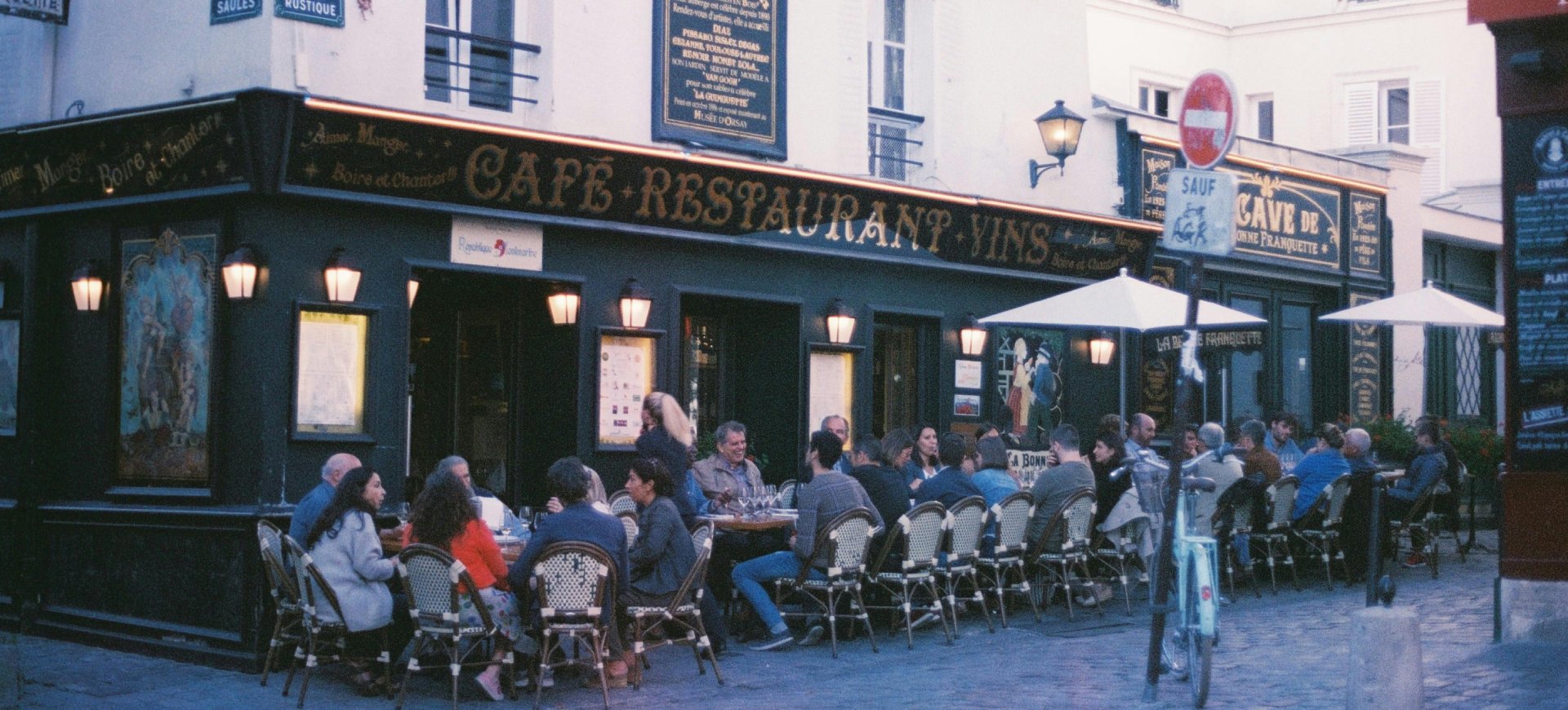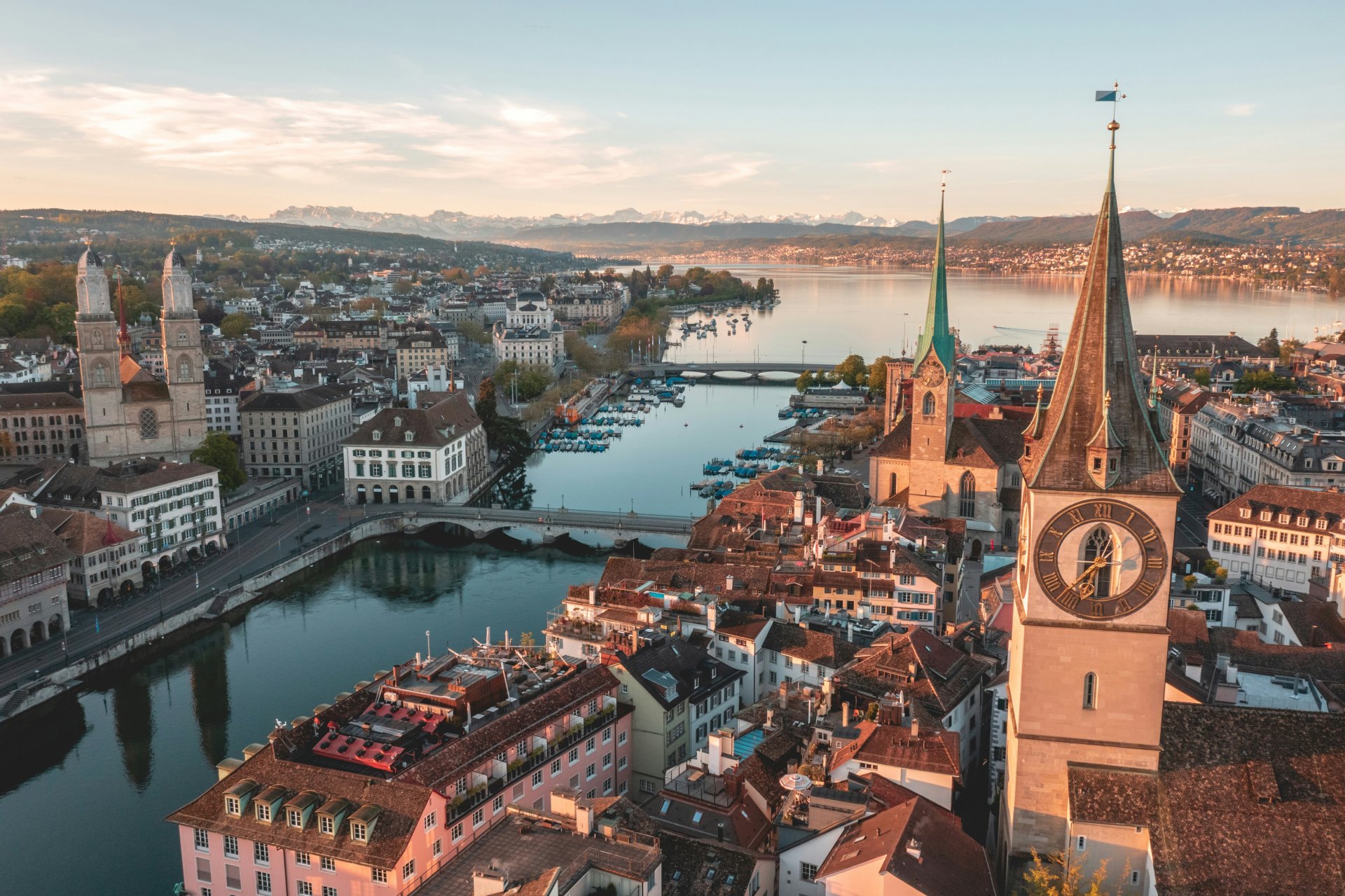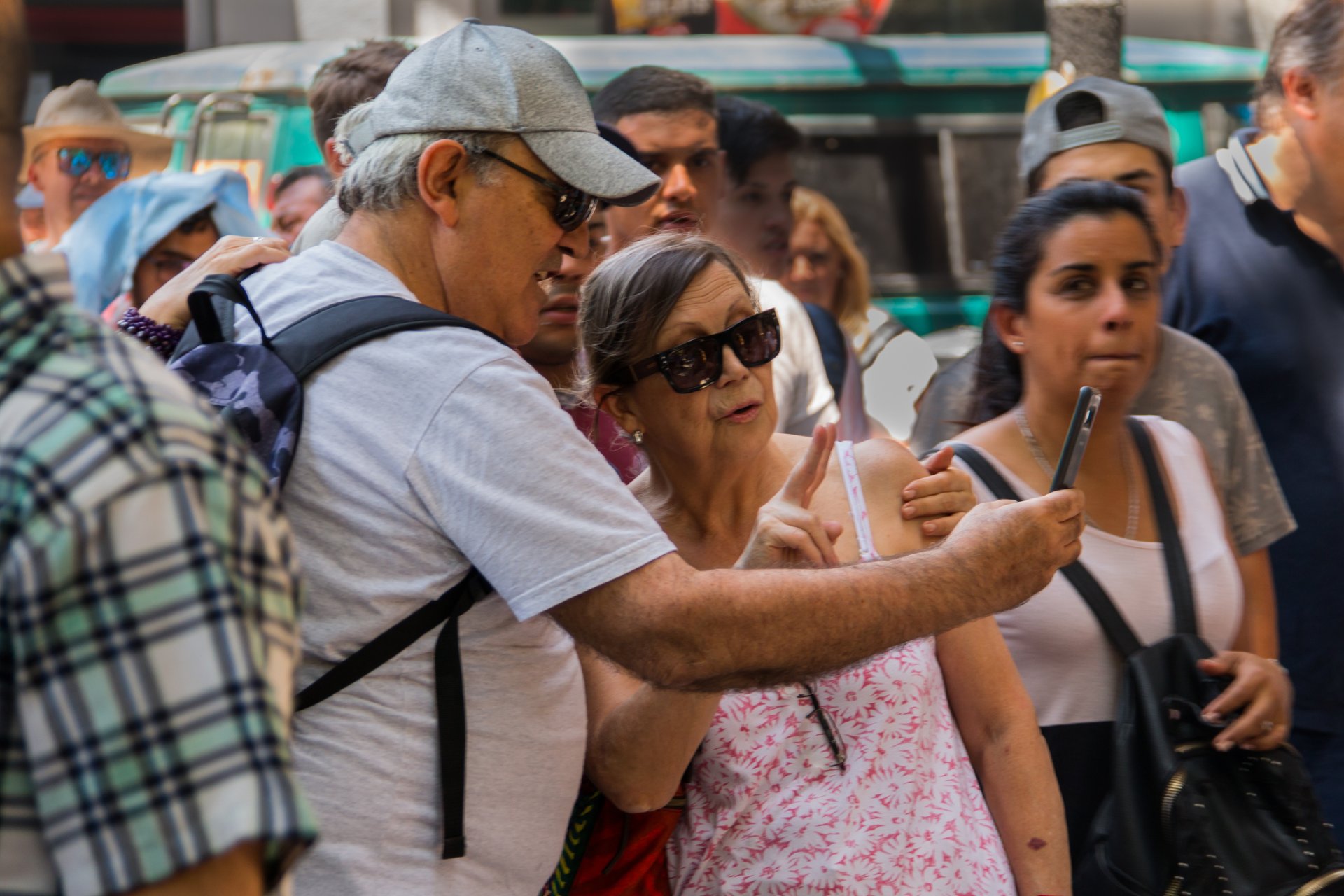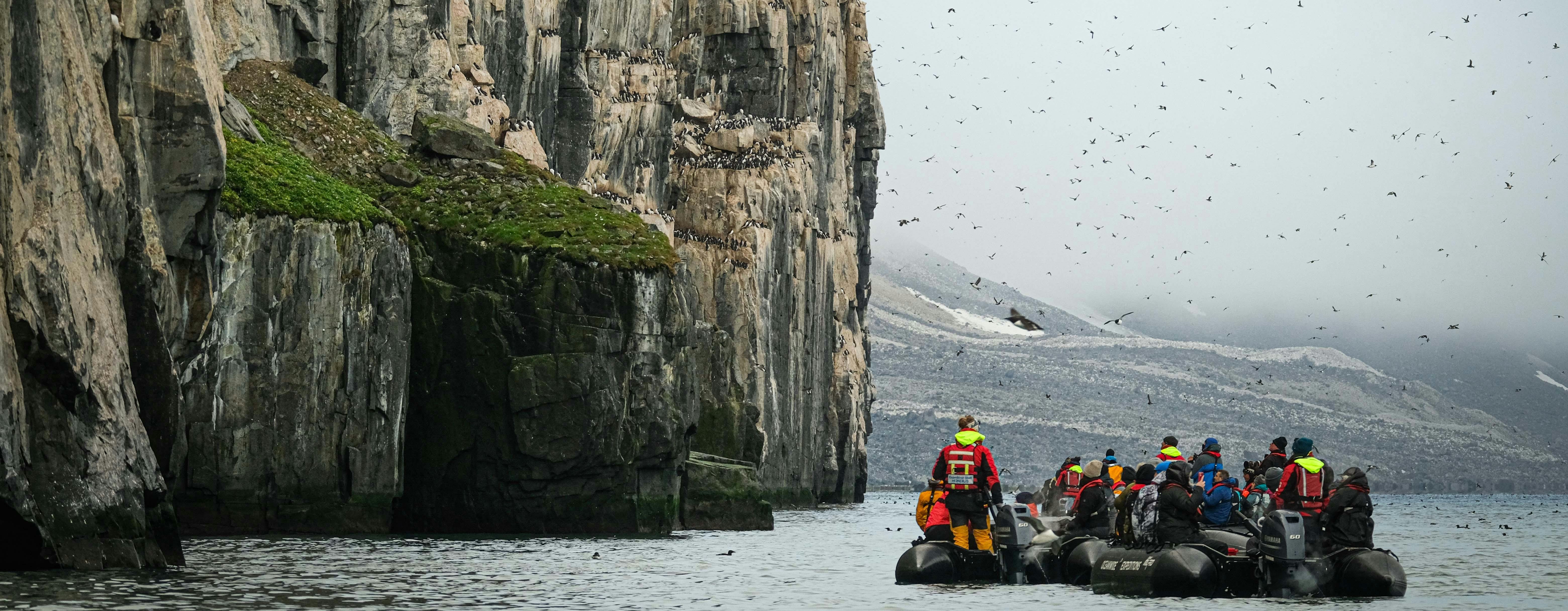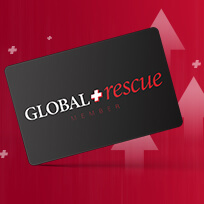5 Fast Facts
75% of Global Rescue survey respondents consider travel experiences more important than material possessions.
More than 70% of respondents are cutting discretionary spending for travel.
39% of travelers prioritize travel more today than pre-pandemic.
48% believe travel will continue to grow at higher levels.
59% of respondents feel that remote or hybrid work models encourage more travel.

The value of travel experiences has surpassed the importance of material things and work from home models are inspiring more trips.
Travelers are prioritizing leisure trips more than ever, and most of them consider travel experiences more important than material possessions, according to Global Rescue’s survey of the world’s most experienced travelers.
“People are changing their spending habits, taking advantage of remote work models, and beefing up their security precautions in an effort to find ways to travel more often, and for longer durations,” said Dan Richards, CEO of The Global Rescue Companies, the world’s leading provider of medical, security, evacuation and travel risk management services, and a member of the U.S. Travel and Tourism Advisory Board at the U.S. Department of Commerce.
The Global Rescue Spring 2024 Traveler Sentiment and Safety Survey collected more than 2,000 responses from current and former members between April 16-20, 2024.
More than a third of travelers (39%) responding to the survey said travel is a higher priority today than it was pre-pandemic. Three-out-of-four respondents (75%) said travel experiences are more important than material possessions.
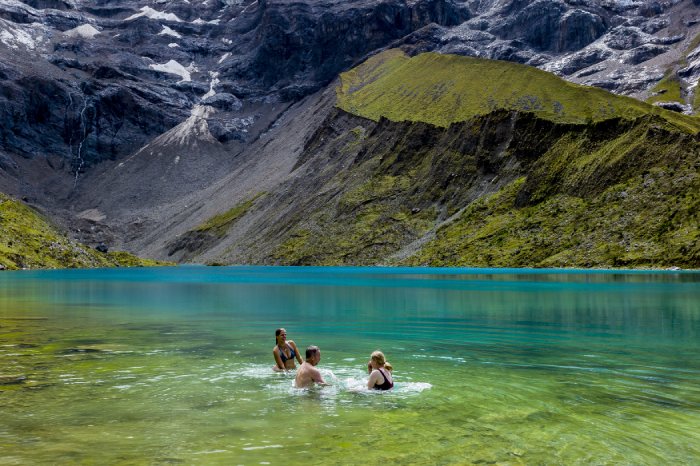
Travelers Trading Big Purchases for Travel
More than 70% of respondents said they are decreasing discretionary spending to enable more travel. Respondents are delaying purchases of things like an additional car, a second home, tickets for sporting events, concerts or shows, jewelry, and expensive restaurants. Some are holding off on starting a family or getting a pet to save for travel, according to the survey results.
“New car sales have dipped, second home ownership has plummeted, jewelry purchases are down and travel continues to increase beyond pre-pandemic levels. People are trading off material possessions for passport entry stamps and the memories that come with traveling boldly,” Richards said.
More than half of traveling respondents (51%) plan on more trips in 2024, 38% plan longer trips and an equal percentage (38%) plan to spend more money compared to pre-pandemic behavior, according to survey results.
Travelers expect the travel surge to continue. Nearly half (48%) of respondents believe travel will continue to grow at higher levels. More than a third (35%) said travel growth will level off but remain above pre-pandemic levels. Only a fifth (20%) predicted travel would level off and then dip below pre-pandemic levels.

Remote, Hybrid Work Models Encourage More Travel
Hybrid and remote work models are motivating more travel, according to the survey. More than half (59%) of respondents revealed that a remote or hybrid workplace model encourages them, their friends and family to travel more.
“It’s a boon for the travel industry, and one reason why travel growth continues to surpass pre-pandemic levels,” Richards said
Nearly a third (30%) of survey respondents reported they travel for work. Of those, seven out of 10 (71%) are working remotely – either part- or full-time. A new, key finding is that since January 2024, business travelers’ expectations of work-related travel exceeding pre-pandemic levels have doubled, based on a comparison of results between the January and April surveys. In January, only 11% of surveyed individuals who travel for work predicted business travel to exceed pre-pandemic levels. Today, that percentage has nearly doubled to 21%.
The increase may be attributed to a nascent trend reported by the Oxford Economics survey revealing that employers are encouraging remote and hybrid workers to travel, largely for business-related reasons but also to satisfy employee travel desires.
“Call it FOMO Travel or YOLO Travel, individuals productively working remotely, part- or full-time, are renewing meaningful business and personal connections here and abroad. It’s fostering soul-enriching journeys,” Richards said. “Vacations used to be all about a complete escape from work, but now you can check emails from a hammock in the Maldives, take a break from a video conference to surf the incoming tide in Rincon, or finish the workday in Sweden and have plenty of time to view the Northern Lights,” Richards said.
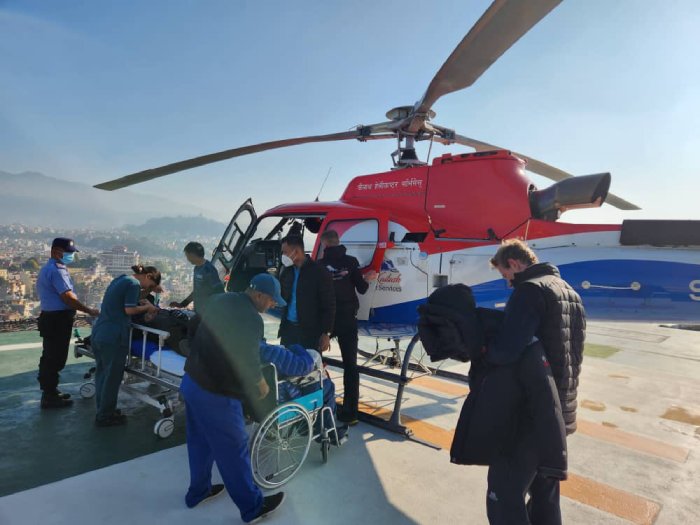
You Don’t Need Global Rescue…Or Do You?
You’ve traveled before with no incidents. Why do you need a travel membership today? Here are 10 ways a travel membership can have your back. From medical emergencies and security threats that require medevac to mundane inconveniences and practical travel solutions to keep you safe, it’s no surprise a Global Rescue travel protection membership is the perfect way to travel prepared, no matter where your travels take you.

